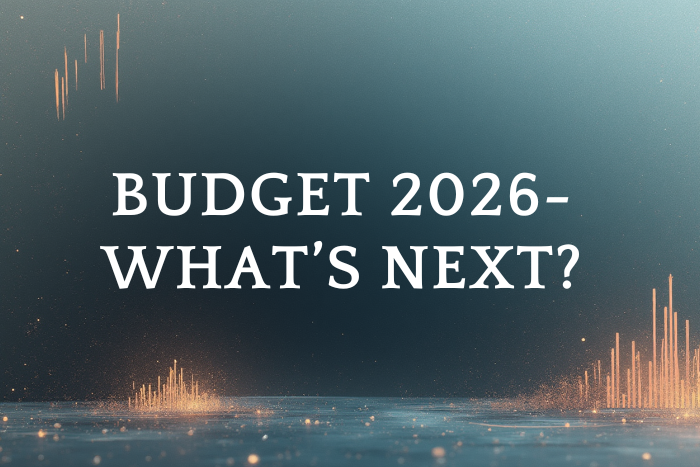What we'll keep pushing for after Budget 2026
Every eight years, investors in funds and ETFs are taxed as if they had sold their holdings.
6 steps to take in 2026 towards financial freedom
Financial freedom comes from consistent, purposeful actions
Personal financial planning for newbies
Personal financial planning isn’t about spreadsheets or stock-picking



